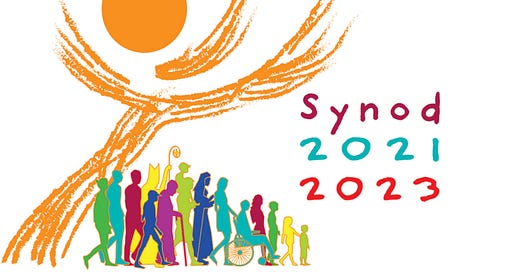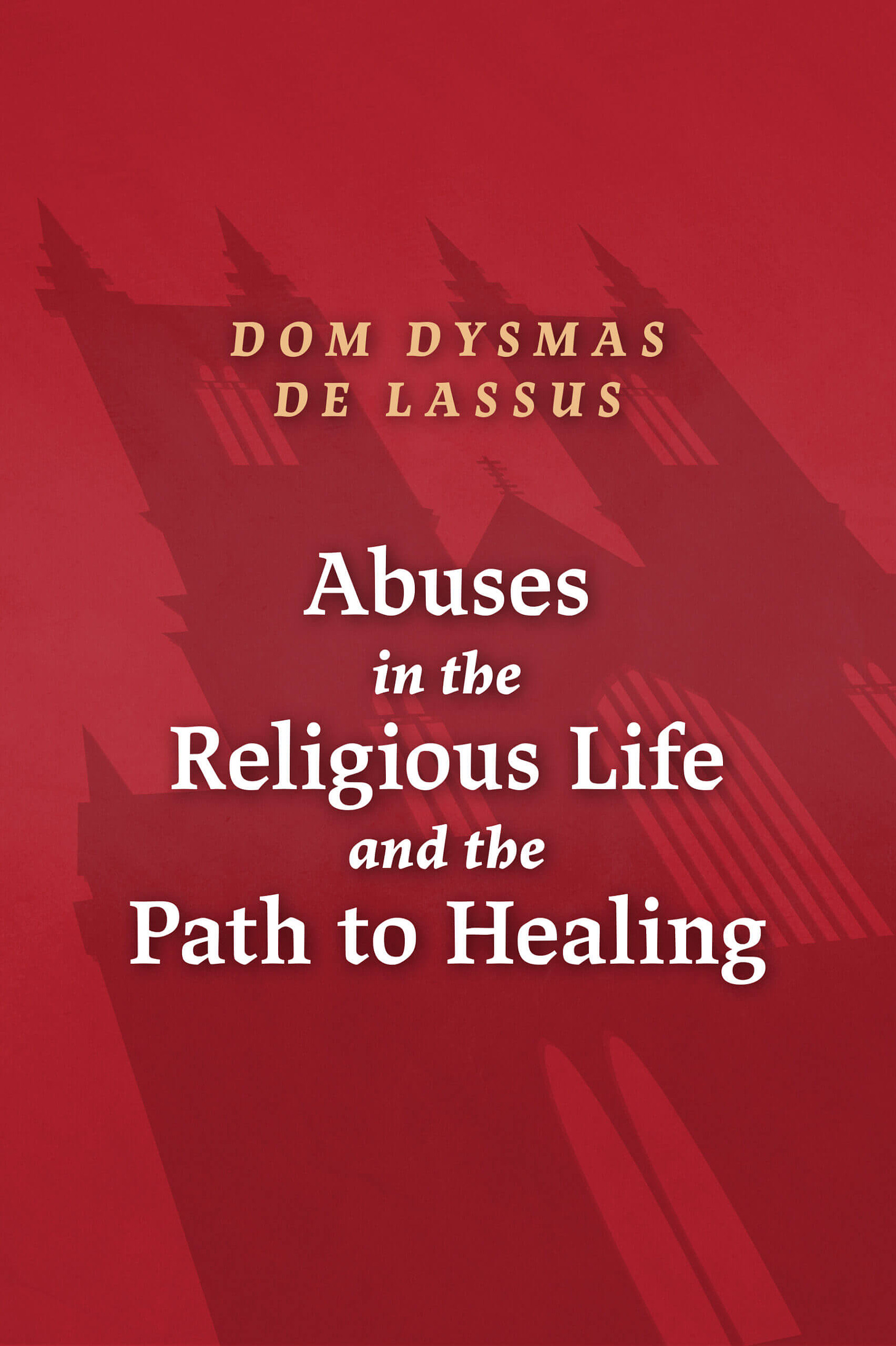I want to share a passage from a new book I’m reading about spiritual abuse in religious orders that I think applies to the synod and ideological Catholicism. The book is “Abuses in the Religious Life and the Path of Healing” by Dom Dysmas de Lassus, Superior General of the Carthusians.
The broader context for this passage is an examination of healthy and unhealthy communities. I think this passage applies to parishes, dioceses, and the Church universal. I also think it’s a pretty solid conceptualization of synodality.
“In a system where all authority and discernment come from the head, those further down end up simply following whatever the head says, never learning to discern for themselves where the Spirit is drawing them. In this way, they do not know how to live as children of God.
We are very far, here, from the marvelous chapter 3 of the Rule of Saint Benedict, which recommends that, ‘each time there is something important to decided,’ the abbot should call together the whole community, and himself set out the matter that is to be decided. Then he is to listen to each of the brothers, to try to see what the Spirit is saying, since the Spirit can speak through any one of them, even the youngest, provided that they speak with the necessary humility and obedience. Then the abbot himself decides, and all commit themselves to obey in an attitude of faith.
St. Benedict is seeking to form sons and daughters. A system of government that is too pyramidal in shape, too authoritarian, where everyone thinks in the same way as the person at the top, is dangerously similar to the Tower of Babel: ‘Come on! Let us make some bricks, and fire them in the oven...Come, let us build a city and a tower, whose top will be in the heavens, and we shall make a name for ourselves’ (Gen. 11:1-4). The whole group wanted to reach God by means of a single way of thinking, a single will, and a single way of working. But God is a Trinity, which means there is unity in the diversity of the Persons. This means we cannot reach God through uniformity; we reach Him, rather, by learning to respect one another and love one another in our diversity. Is this not perhaps why God scattered those people who wanted to reach Him by dint of uniformity? That is not how we draw near to God; it is not the right way. If we are to be like God, then we must necessarily learn to love one another amidst the diverseness of people, all of whom are journeying to the same goal.”
I think that this kind of uniformity is related to the ideology that Pope Francis is concerned about when he talks about some groups of Catholics in America. He uses words like “fossilized” and “rigid” to describe a mentality that fears development.
This mentality hinders genuine dialogue because it prevents openness to discovering truth and goodness in other people’s perspectives. It’s a perspective that enters into conversations already insisting what the outcome must be.
We saw this mentality play out, for example, in the organized rejection of Amoris Laetitia and the pope’s guidelines for divorced and remarried couples receiving Communion. Even though the pope was applying traditional Catholic moral theology, because his proposal was something different from what came before, it was rejected as being contrary to tradition.
But in truth, there is not a single way of doing things for all times and in all places. Our tradition is alive, animated by the Holy Spirit. This isn’t relativism, because development happens in the context of the Body that’s rooted in Revelation, journeying towards the same goal, and guided by the Holy Spirit. It’s dynamic, expecting and trusting the Holy Spirit to both be faithful and creative. As the Church taught at Vatican II:
“This tradition which comes from the Apostles develop in the Church with the help of the Holy Spirit. For there is a growth in the understanding of the realities and the words which have been handed down. This happens through the contemplation and study made by believers, who treasure these things in their hearts (see Luke, 2:19, 51) through a penetrating understanding of the spiritual realities which they experience, and through the preaching of those who have received through Episcopal succession the sure gift of truth. For as the centuries succeed one another, the Church constantly moves forward toward the fullness of divine truth until the words of God reach their complete fulfillment in her
(Dei Verbum 8).
Faith without dialogue, faith without belief in the dynamic work of the Spirit, isn’t just dead, it’s corrupted. It’s no longer faith, but an ideology that presumes to already have all the answers.
On my less cynical days, despite the brokenness of leaders coming into the synod with their own person agendas, the kind of community dialogue that Dom Dysmas de Lassus described—dialogue that recognizes that every single member of Christ’s Body is a child of the Father who the Holy Spirit can speak through—is what I hope will happen in October at the synod. And what I hope will eventually be embraced by superiors, bishops, and pastors throughout the universal Church.





Good piece. Thanks!
I found this so enriching - thank you Paul!